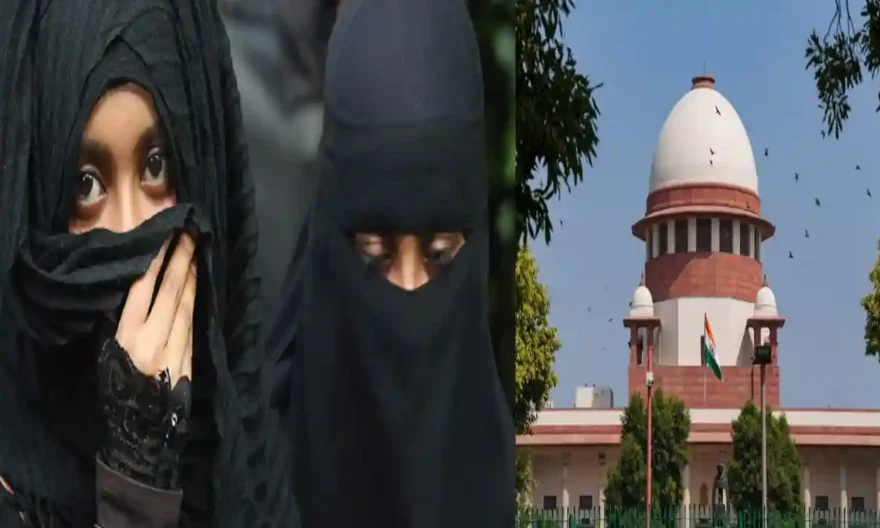
The Supreme Court on Friday said that it will convene a five-judge Constitution bench to hear petitions challenging the constitutionality of polygamy and the practise of ‘nikah halala’ among Muslims.
A bench comprised of Chief Justice DY Chandrachud and Justice PS Narasimha took note of Advocate Ashwini Upadhyay’s submissions, who filed one of the PILs on the issue, that a new five-judge bench was required to be formed because two judges from the previous constitution bench, Justice Indira Banerjee and Justice Hemant Gupta, had retired.
In his PIL, Advocate Ashwini Upadhyay sought a direction to declare polygamy and ‘nikah halala’ unconstitutional and illegal.
On August 30, last year, a five-judge bench comprising Justices Indira Banerjee, Hemant Gupta, Surya Kant, M. M. Sundresh and Sudhanshu Dhulia had made the National Human Rights Commission (NHRC), National Commission for Women (NCW) and the National Commission for Minorities (NCM) parties to the PILs and sought their responses.
Unfortunately, Justice Banerjee and Justice Gupta retired on September 23 and October 16, 2022, respectively, necessitating the re-constitution of the bench to hear up to eight petitions against polygamy and nikah halala.
There are batch of petitions pending in supreme court challenging the practises of ‘Nikah Mutah’ and ‘Nikah Misyar,’ which are two types of temporary marriages in which the duration of the relationship is specified and agreed upon in advance.
In one of the petitions, a woman named Sameena Begum has said by virtue of the Muslim Personal Law, Section 494 of the Indian Penal Code (punishment for marrying again during lifetime of husband or wife) was rendered inapplicable to Muslims and no married woman from the community has the avenue of filing a complaint against her husband for the offence of bigamy.
Another plea was filed by Rani alias Shabnam who alleged that she and her three minor children were thrown out of the matrimonial home after her husband remarried. She has asked for polygamy and ‘nikah halala’ to be declared unconstitutional.
Nafisa Khan, a resident of Delhi, filed a similar petition seeking nearly identical relief.
What is ‘Nikah Halala’?
In contrast to polygamy, which permits a Muslim man to have four wives, “nikah halala” is a procedure that requires a divorced Muslim woman to first wed another person, consummate the union, and then file for divorce from the second husband if the couple decides to get married again after reaching a compromise.




